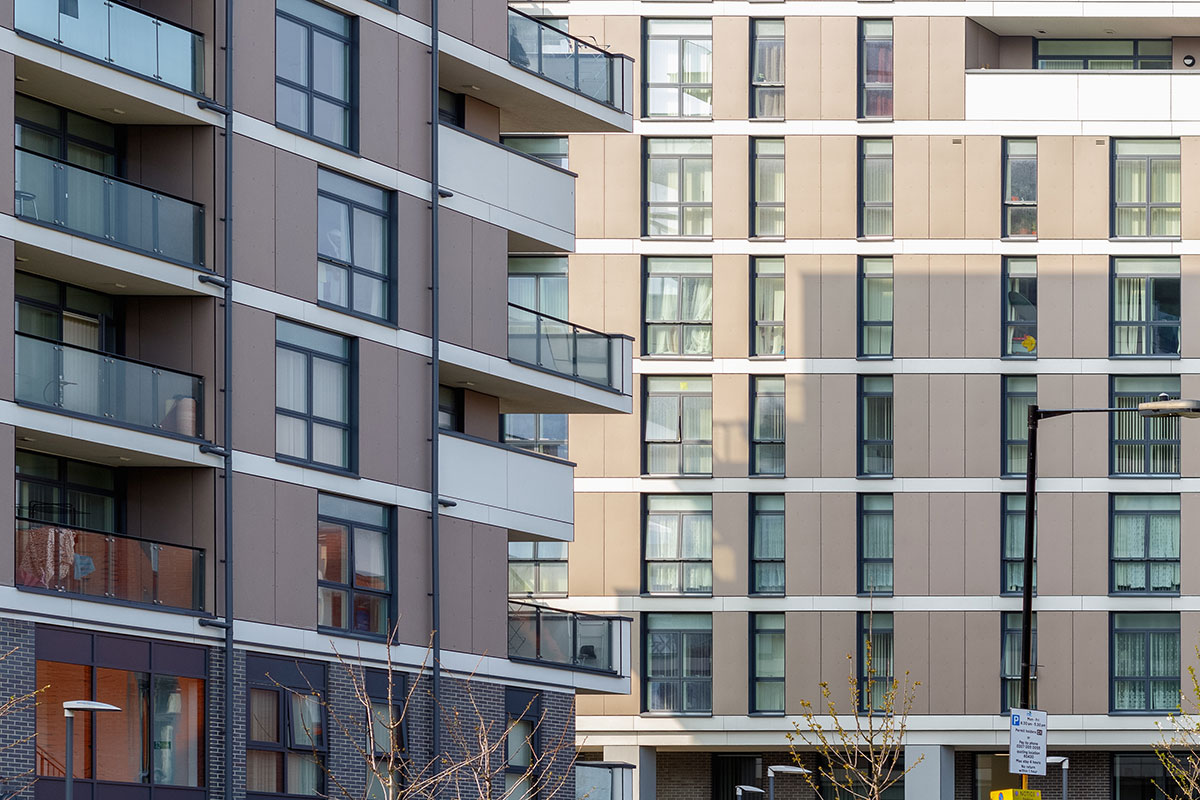You are viewing 1 of your 1 free articles
 Olivia Harris
Olivia HarrisOlivia was appointed as Chief Executive in April 2017. Previously, Olivia was Finance Director at Dolphin Living, providing financial ...more
Don’t forget key workers when it comes to levelling up housing
Levelling up is absolutely the right approach to recovery. But this must include the delivery of below market rent homes for key workers, writes Olivia Harris
May was certainly a month of great political significance, and I don’t mean in relation to Dominic Cummings and that select committee appearance. I mean in terms of the impact of the local and mayoral elections and the introduction of this year’s Queen’s Speech.
Without wishing to stray too far into the realm of party politics, it is fair to say that the re-election of Sadiq Khan as mayor of London has brought with it a degree of certainty and continuity for the sector during this difficult time, especially given the fact that key housing advisors are remaining in place.
This stability will be important during the coming months as we emerge from the pandemic and the full impact on London’s housing sector becomes clear. By way of example, we are already seeing evidence of a significant rise in the number of people who are homeless and living in temporary accommodation, with London Councils estimating the figure to be close to 165,000, which is more than the entire population of Oxford.
Here, the mayor’s response will be critical. Both from the perspective of ensuring that more housing is provided to meet this challenge, and crucially from our perspective to ensure that he remains committed to ensuring that affordable housing to rent below market rates continues to be prioritised to meet the needs of all Londoners.
Closely related to this, and a subject at the very core of Dolphin’s offer, is the need to ensure that intermediate housing continued to be championed, especially for the broader definition of London’s key workers that has emerged during the successive lockdowns.
We would also like to see the mayor fully explore the opportunities afforded around the growth of the build-to-rent sector and how it can provide intermediate housing to rent. This will enable this growing sector to have a key role in future development to support city centre economic recovery.
Of greater significance was the Queen’s Speech containing further confirmation of the government’s broader levelling-up agenda. It is absolutely right that government continues to focus on levelling up as part of the wider post-COVID recovery and to address the major socio-economic disparities across the UK.
Central to this, in our view, is the need to tackle the housing crisis as a key component of these efforts to level up areas of the country which feel as though they have been left behind as part of a ‘place-based’ recovery.
However, as a housing charity working to deliver homes for those who do not qualify for social housing and unable to afford local market rents, within inner London, we believe that this approach also has to include a specific commitment to level up housing in London through support for the delivery of housing for key workers. In our view, in inner London this is best delivered as homes at below market rent.
On the specifics of what was contained within the Queen’s Speech, much has been written, and will continue to be written, about the proposals to further reform the planning system. Critical within this context is the need to ensure that there is no further erosion of requirements to provide affordable housing and that standards around design and space are maintained.
So while we would support the overall aims of the planning reforms to make decision-making faster and more certain, we believe that this should not be at the detriment of ensuing robust scrutiny takes place with respect to viability and the need to deliver affordable housing.
On this issue, and others relating to the proposed reforms, we will watch with great interest how this Planning Bill develops and will make representations should the need arise.
“This approach also has to include a specific commitment to level up housing in London through support for the delivery of housing for key workers”
Aside from planning reform, and the obvious proposals on building safety and leasehold reform, the area of greatest interest to us at present isn’t in relation to those bills specifically focused on housing, but the one focused at procurement reform.
Here, we believe that there is scope to consider a new relationship between the public sector, principally local authorities, but also wider in the context of the One Public Estate agenda and the housing sector. For we are of the view that there is an opportunity to reform the system to enable greater access for new, or smaller, players to come forward with innovative and creative solutions more attuned to local need and circumstance than at present.
We also have the announcement linked to the Queen’s Speech but not actually a proposed bill – the publication of the government’s consultation on reforming tenancy law to abolish Section 21 no-fault evictions and improve security for tenants in the private rented sector. This also includes strengthening repossession grounds for landlords when they have valid cause. On this, we await with keen interest the response and the likely implications for the sector.
Overall, it is clear that there are significant policy changes heading our way as a result of May’s changes and significant challenges in relation to the housing legacy of COVID. There is much still to discuss – even now May is already starting to feel like a very long time ago.
Olivia Harris, chief executive, Dolphin Living
Related stories











